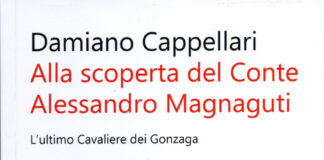
Italy’s government has ended a much-maligned scheme aimed at encouraging cashless payments over concerns around its cost, fairness and abuses of the system.
Launched in late 2020 and scheduled to run until 30 June 2022, the campaign required participants to make at least 50 payments using a designated card or app in a six-month period. With this done, people could reclaim 10 percent of the total amount spent to a maximum of €150. It formed part of the government’s Cashless Italy strategy, which hoped to wean people off cash in order to make payments easier to trace.
The added costs to businesses associated with card payments were exacerbated by many people purposely splitting their transactions into optimally-sized payments in order to be able to reclaim their 10 percent, which proved especially problematic for small shops. This ‘widespread practice’ may have been against the spirit of the campaign, but it was not illegal and also increased the cost for the government. The new administration was reportedly never keen on the cashback scheme and its price tag: an estimated €1.75 billion for the whole of 2021.
Among critics of the scheme was the European Central Bank, which sent a letter to Italy’s Ministry of Economy and Finance expressing concerns over the negative effect it could have on cash use, its discrimination against those who depend on physical money, and how it undermined the obligation of EU countries to maintain a neutral stance on different payment methods.
Introduced by former Prime Minister Giuseppe Conte – who openly spoke of promoting the digitalisation of payments and ultimately ‘changing consumer habits’ – the campaign was cancelled a year early, as of 30 June 2021, by the current government, led by Prime Minister Mario Draghi.
This article appeared first on the CashMatters website.
If you are interested in receiveing regular news on cash policies, you should subscribe to the CashMatters newsletter.
Read an interview on why physical cash is irreplaceable.




